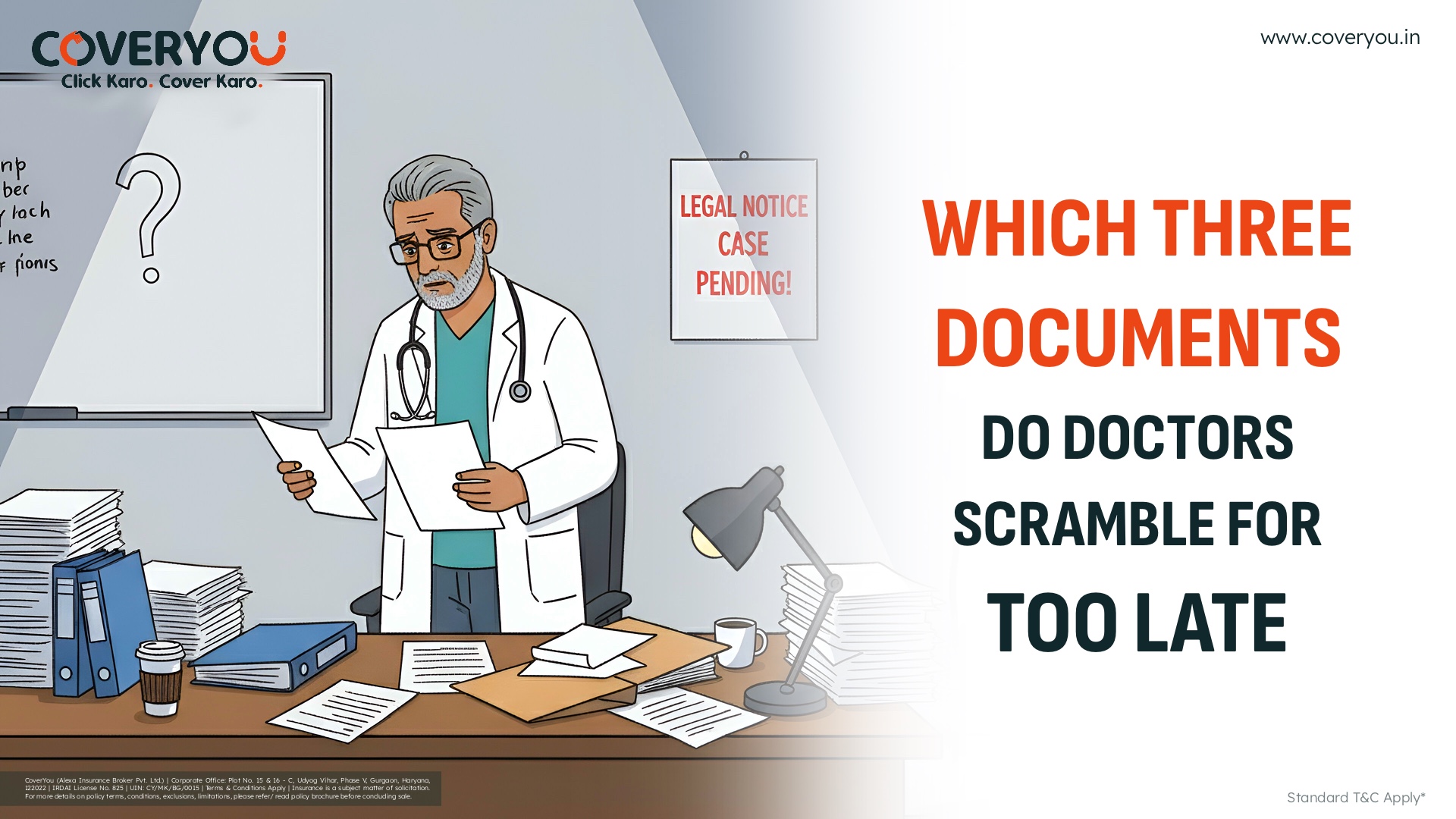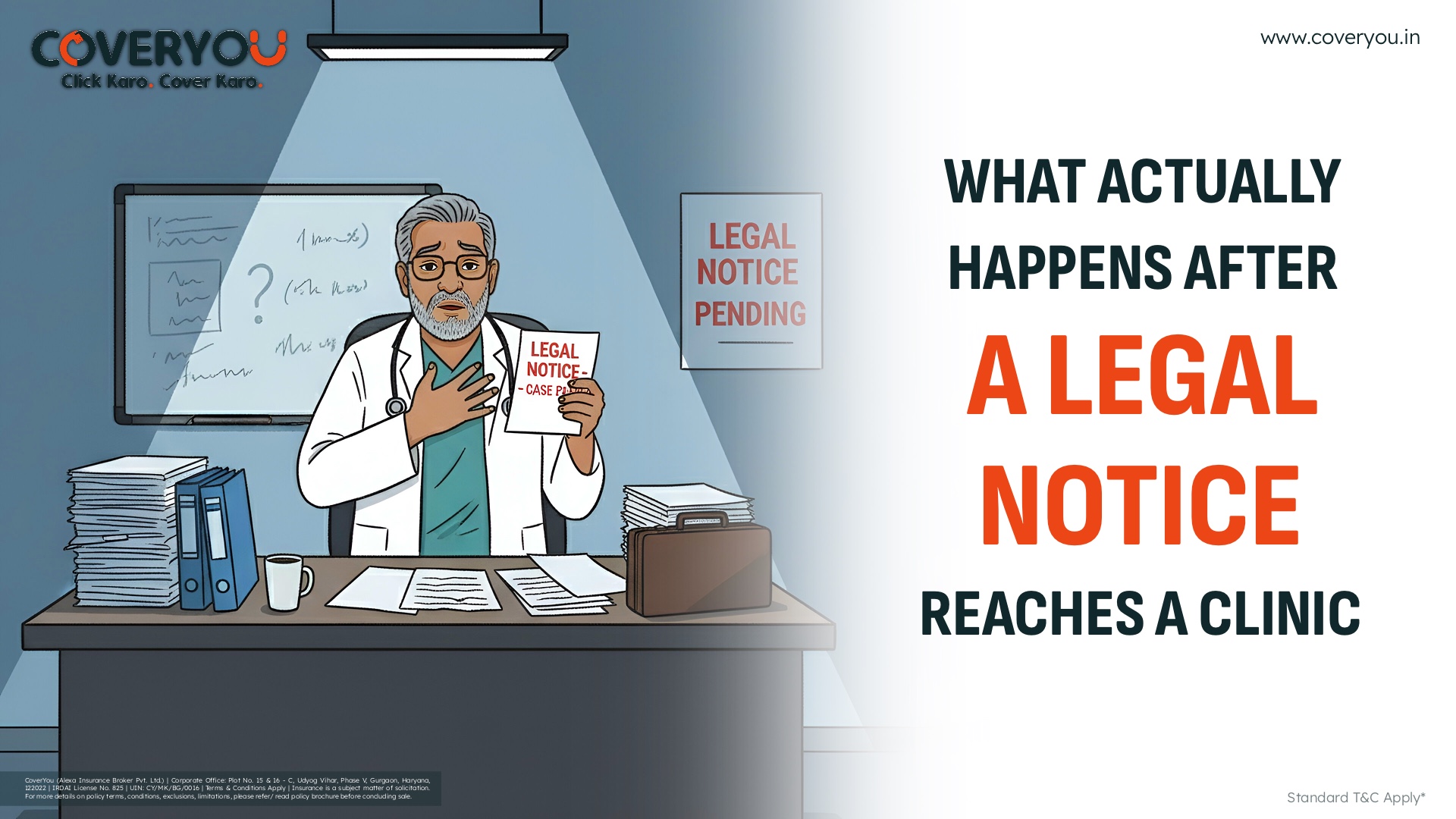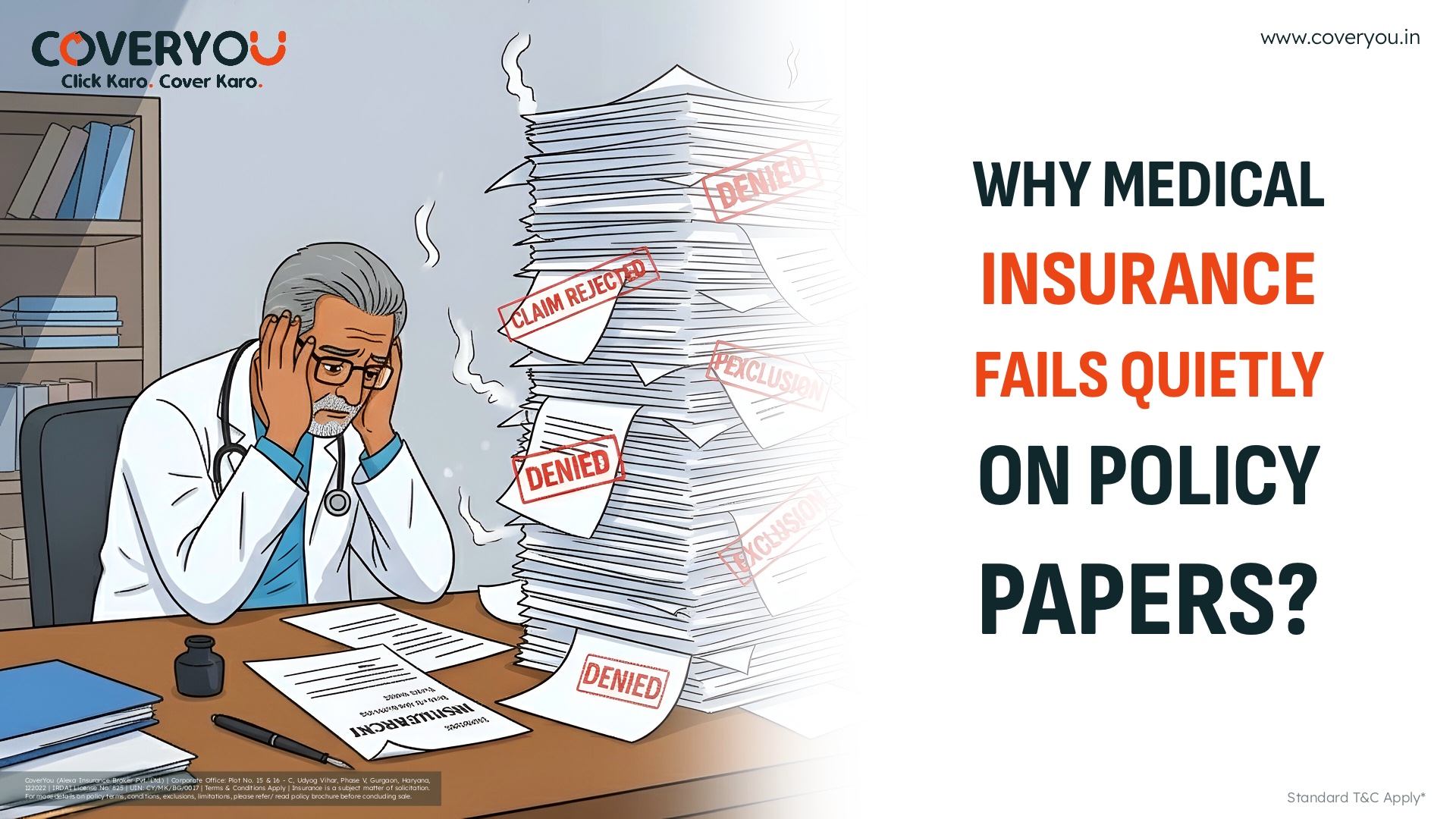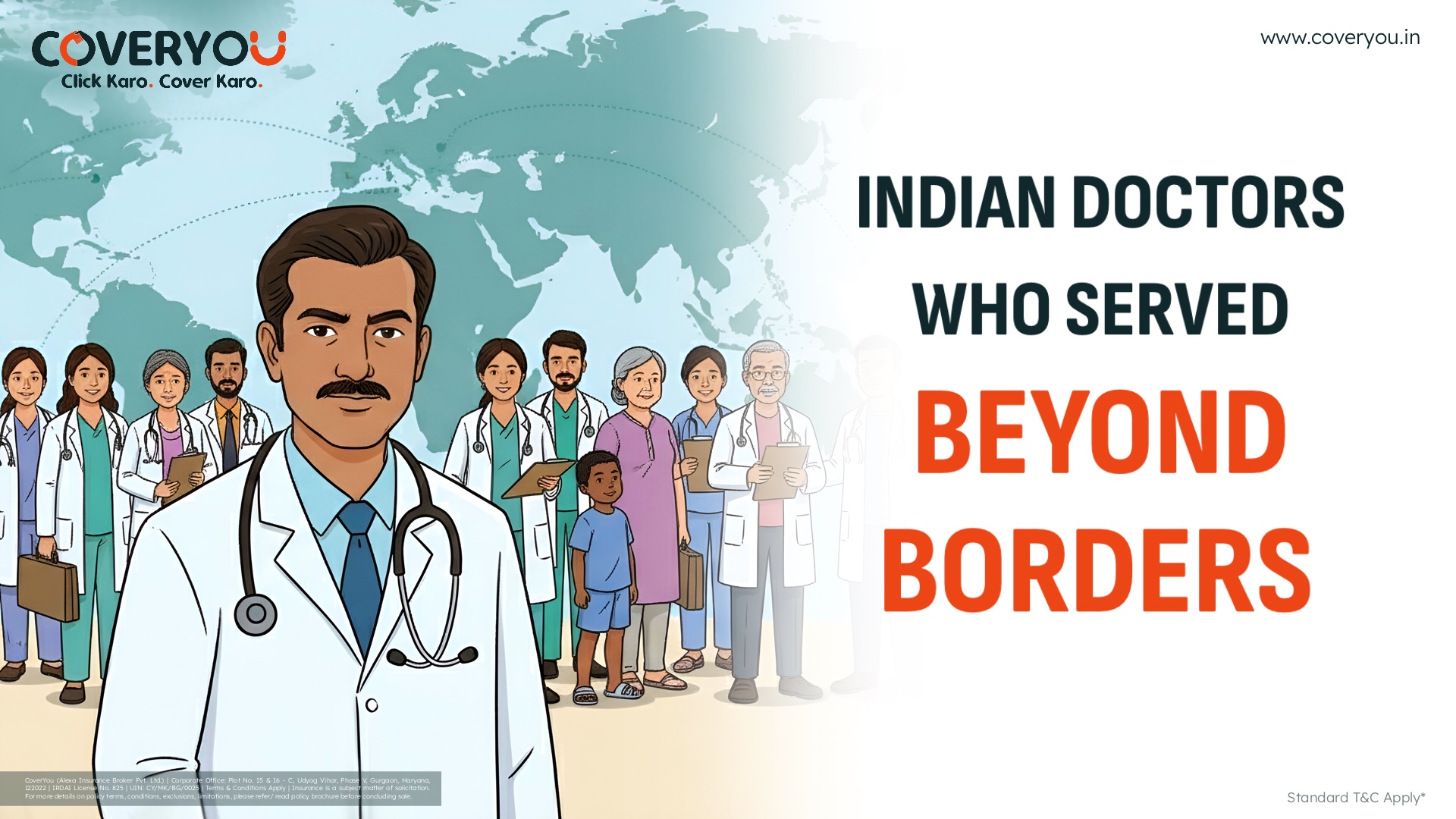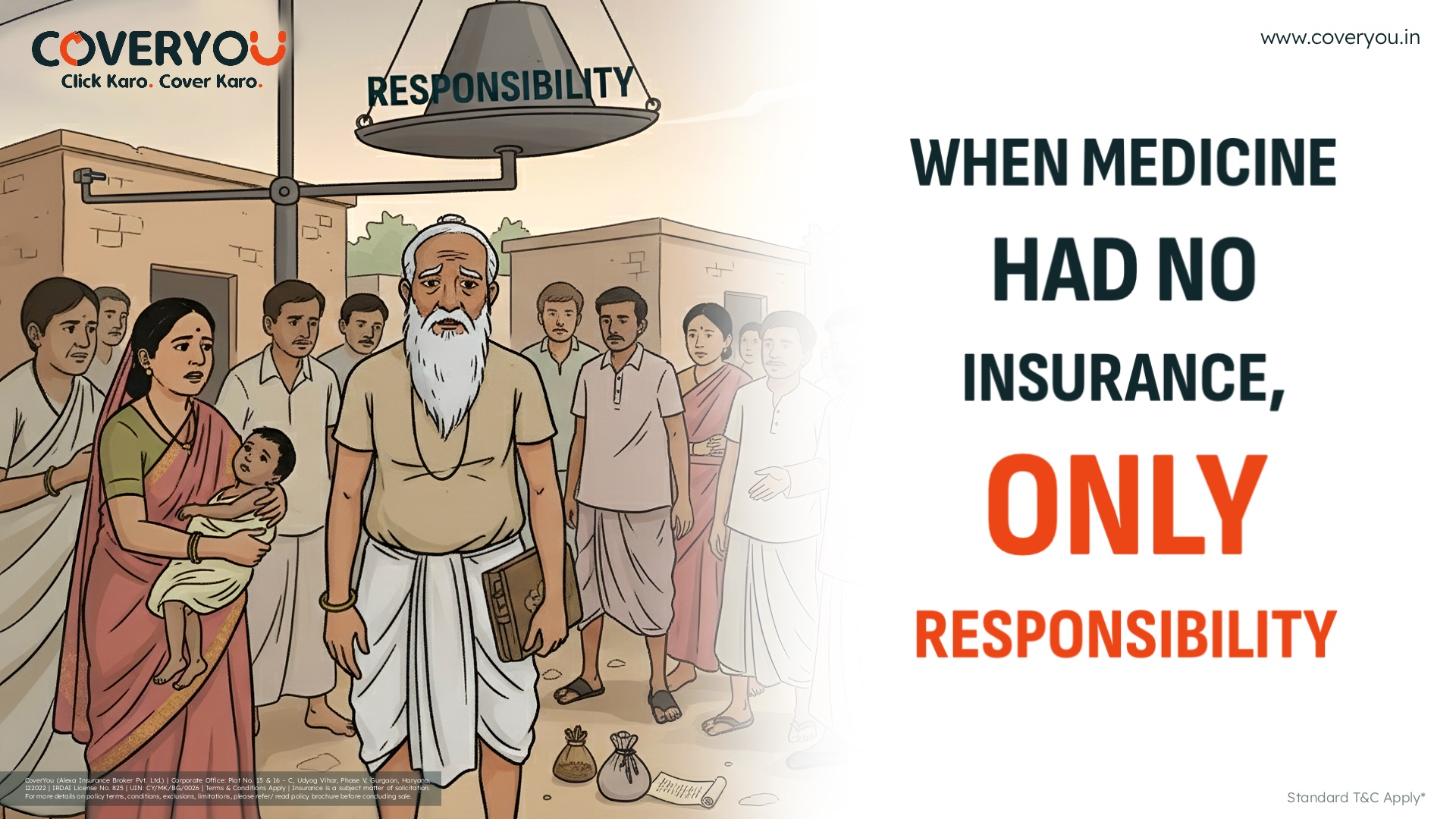For many years, the field of medico-legal law has been strong, allowing medical workers to question how others work. Now, a big change is happening that might change how doctors and patients interact in India. The National Medical Commission (NMC) will soon let patients officially complain about doctors, representing a major step in how medical responsibility is viewed.
The Change in Patient Rights Regarding Medical Complaints
Before 2019, patients could report doctors to the State Medical Councils (SMCs) if they thought there was negligence, errors, or a lack of proper care. This rule, based on regulations from 2002, allowed patients to pursue justice if they felt mistreated by the healthcare system. But with the NMC Act introduced in 2019, patients are now limited in their ability to file complaints directly, as this right was mainly given to medical professionals.
This rule caused big worries, especially in situations of claimed medical mistakes, where patients and their families frequently had to deal with a legal maze with little support. The absence of patient rights in the formal complaint process created an imbalance, favoring medical professionals over those they served.
A New Path for Patients to Appeal
During the course of a pivotal meeting in 2023, the NMC recognised this gap, and decided that patients must be able to question doctors’ behaviour. Now patients can go to SMCs and if the patients are not satisfied with the SMC decision, they can complain to the Ethics and Medical Registration Board of NMC.
But that decision has not yet been made official. Only the medical professionals have been allowed to appeal under the existing NMC Act, either the SMC’s or the EMRB. To formalize the decision, amendments to the Act are required, and the matter is still pending. The NMC has been working to draft Standard Operating Procedures for such patients to help them through the appeal process until a proper legal framework is in place.
Implications for Doctors A New Era of Accountability
For medical professionals, this breakthrough heralds a new level of scrutiny. They are meant to give patients power, but could also be the grounds for frivolous or malicious complaints. The challenge will be to find the balance, to ensure that genuine grievances are addressed while protecting doctors from unfair harassment.
Doctors must brace themselves for an environment in which transparency, recordkeeping and the practice of good medicine are more relevant than ever. As the health ministry has already included patient appeals provisions in the draft 2022 Bill, it is only a matter of time that the law changes.
What’s Next?
The NMC’s move is an unequivocal affirmation that patient rights are being prioritized in India’s healthcare system27. But until those legal changes go into effect, doctors and hospitals are facing a phase of limbo. The key takeaway? In this emerging regulatory environment, a strong medico-legal strategy, combined with best clinical practices, will be critical.
As CoverYou continues to support doctors through these legal complexities, staying informed and prepared is the best defence in a rapidly changing medico-legal environment.

